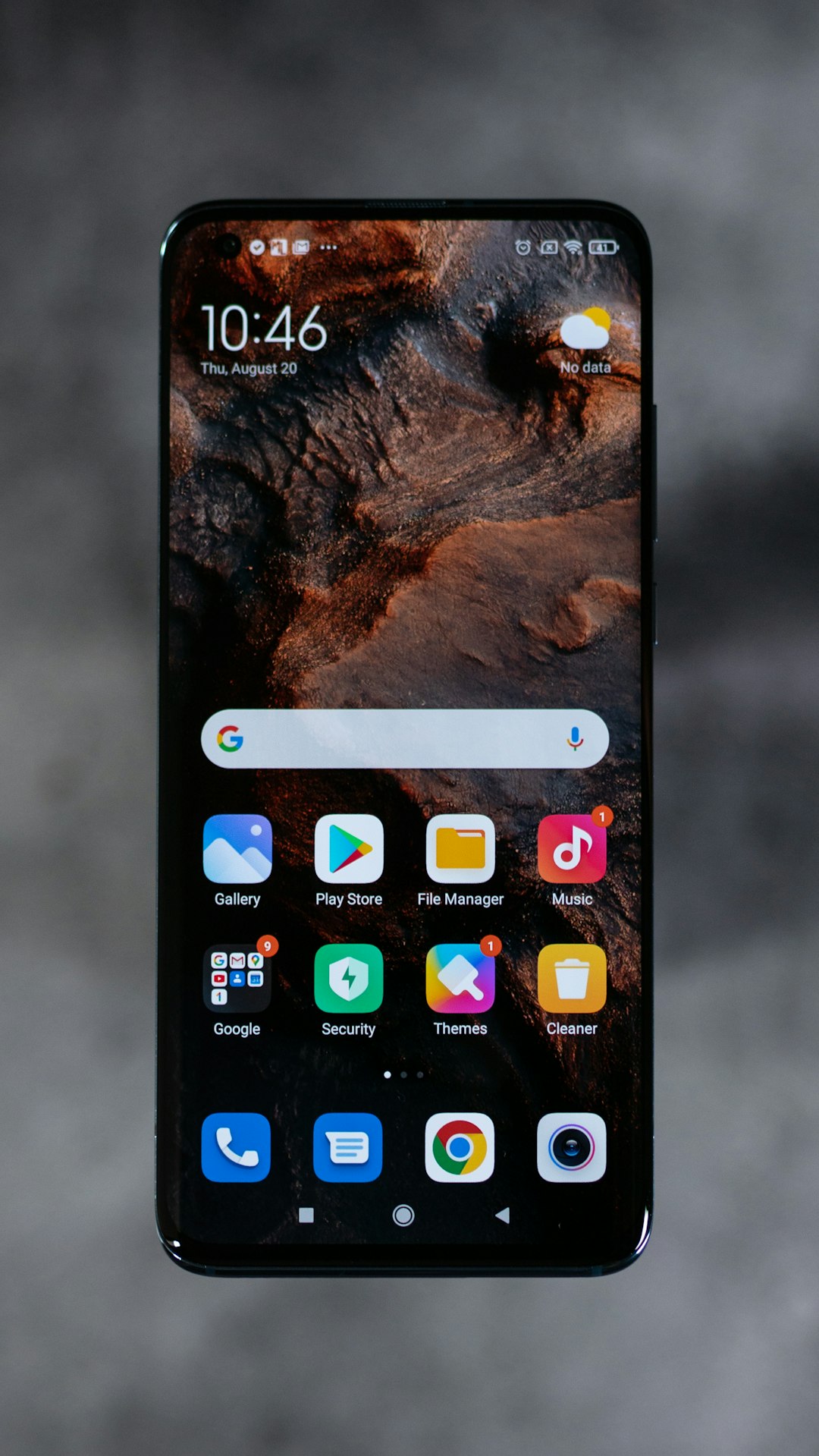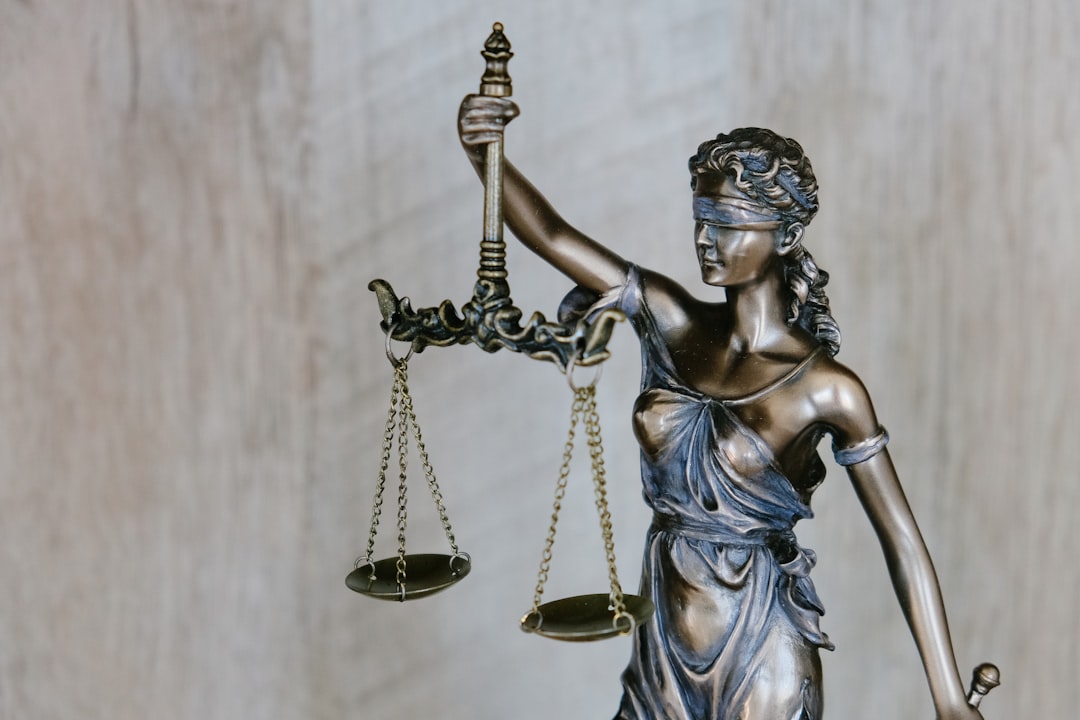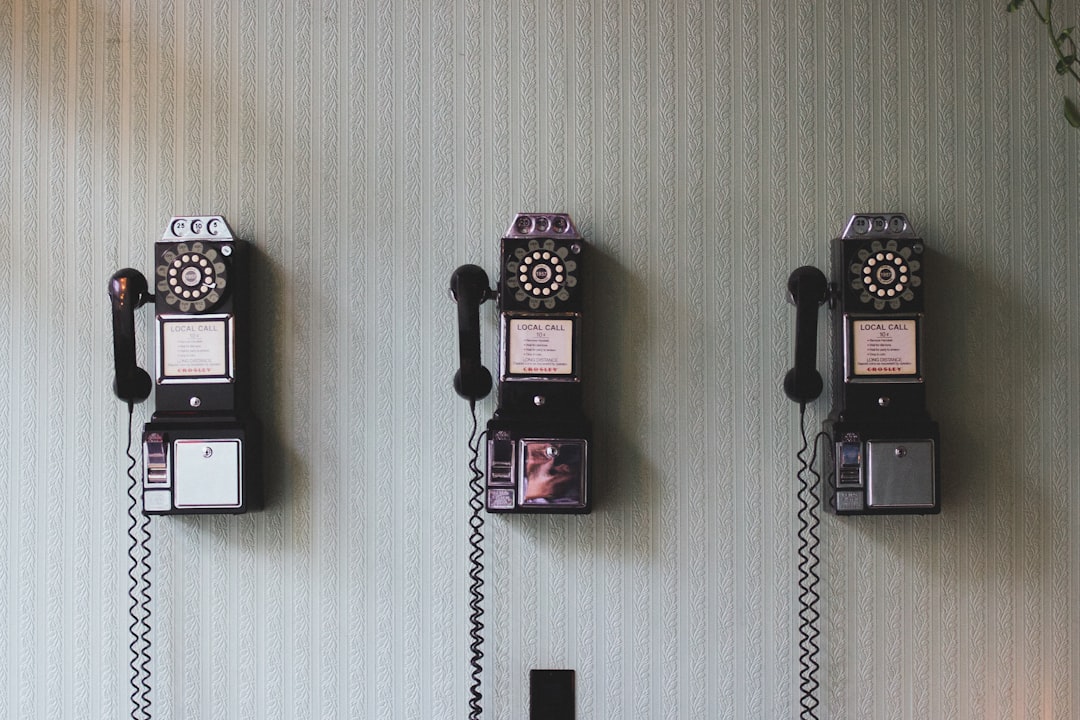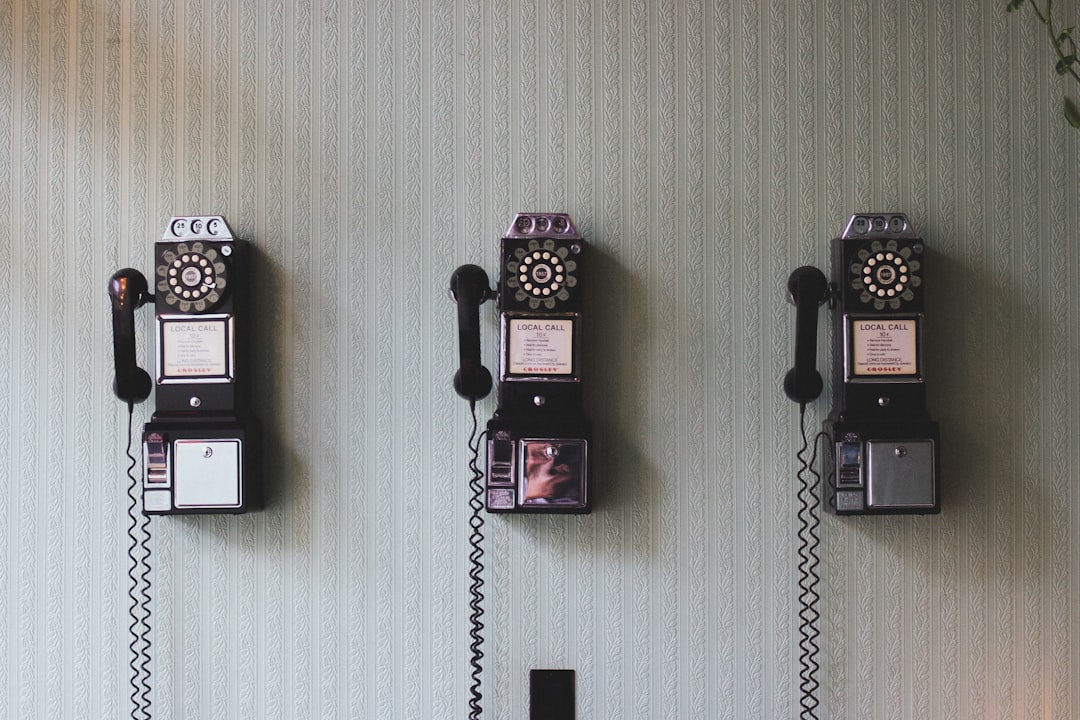Robocalls are a widespread issue in Washington state, with laws restricting business contact times and governing automated dialers. Consumers can register on the Do Not Call list, while businesses must obtain consent. Innovative apps like TrueCall, Hiya, and NoCall List use machine learning to block unwanted calls, adhering to Washington's robocall laws for enhanced privacy and peace. Choose apps with accurate blocking, compliance, good reviews, and secure data handling for optimal protection against robocalls.
In today’s digital age, Washingtonians face a persistent and increasingly irritating problem: robocalls. These automated phone calls, often illegal under Washington laws, can be a nuisance and even pose security risks. This article delves into the world of robocalls, exploring their impact on residents and the legal framework surrounding them in the state of Washington. We’ll also guide you through popular prevention apps, offering tips to help you choose an effective tool for securing your communications.
Understanding Robocalls and Washington Laws

Robocalls, automated phone calls from unknown numbers, have become a pervasive issue nationwide, including in Washington state. While some robocalls promote legitimate services or organizations, many are associated with telemarketing, debt collection, and fraudulent activities. In Washington, the Washington State Attorney General’s Office enforces laws designed to protect consumers from unwanted robocalls. These laws include restrictions on when and how businesses can contact residents via telephone, with specific guidelines regarding automated dialers and prerecorded messages.
Understanding these regulations is crucial for both consumers and businesses operating in Washington. Consumers have the right to refuse calls from automated systems and can register their numbers on the state’s Do Not Call list to limit robocalls further. Businesses must adhere to strict rules, ensuring they obtain proper consent before making marketing calls and providing clear opt-out options. By adhering to these robocall laws, Washingtonians can protect themselves from intrusive and potentially harmful automated communications.
The Impact on Washingtonians: A Growing Concern

In today’s digital age, robocalls have become a pervasive and increasingly annoying issue for Washingtonians, as they did across the nation. With the proliferation of automated phone systems, unwanted calls have reached epidemic levels, leading to significant frustration and concerns among residents. These unsolicited calls not only disrupt daily routines but also raise important privacy and security questions under the existing robocall laws in Washington.
The impact extends beyond mere annoyance; frequent robocalls can be a serious burden on individuals’ time and mental well-being. Many Washingtonians feel they have no escape from these relentless calls, especially as businesses and political campaigns increasingly rely on automated dialling systems to reach potential customers or voters. This growing concern has prompted many to seek robust solutions, with a dedicated robocall prevention app emerging as a popular response.
Popular Robocall Prevention Apps in WA

In Washington, with its stringent robocall laws designed to protect residents’ privacy and peace, several popular apps have emerged to combat unwanted automated calls. These applications leverage advanced technologies like machine learning algorithms to identify and block robocalls effectively. One widely used app is TrueCall, which not only filters out spam calls but also provides real-time call blocking and caller ID services. Another notable mention is Hiya, an app that uses a global community of users to detect and signal suspicious calls, enhancing its accuracy over time.
Additionally, NoCall List stands out for allowing users to report and block robocalls directly from within the app, contributing to a collective effort to identify and combat these nuisance calls. These apps are instrumental in empowering Washingtonians to take control of their communication channels, ensuring that their personal time remains free from intrusive automated messaging.
How to Choose an Effective Anti-Robocall Tool

When selecting an anti-robocall tool, consider its accuracy and effectiveness in blocking unwanted calls. Look for features like intelligent call classification, real-time blacklisting, and machine learning algorithms that adapt to new robocall patterns. Ensure the app complies with Washington’s robocall laws, which protect residents from deceptive or nuisance calls, and provides options to report spam calls accurately.
Additionally, consider user reviews and ratings, privacy policies, and data security measures. A robust anti-robocall tool should offer a seamless integration with your phone’s system, minimal impact on call quality, and regular updates to stay ahead of evolving robocall technologies. Opt for reputable developers who prioritize user feedback and continuously enhance their apps to provide the best protection against robocalls in Washington.
Securing Your Lines: Protecting Washington's Communications

In today’s digital age, where communication lines are constantly evolving, securing your phone calls from unwanted intrusions is more important than ever. Robocalls have become a pervasive issue, not just in Washington but across the nation. However, with the implementation of stricter robocall laws in Washington, residents now have more control over their communications. These new regulations aim to protect Washingtonians from nuisance calls, ensuring that personal and business phone lines remain uncluttered by unsolicited messages.
By adhering to these enhanced standards, Washington’s communication landscape is transforming into a safer, more secure environment. It’s not just about avoiding frustrating interruptions; it’s about empowering individuals and businesses with the tools to manage their connectivity on their terms. This shift in focus emphasizes the importance of privacy and consent, allowing residents to enjoy uninterrupted conversations and fostering a sense of security in an increasingly digital world.






